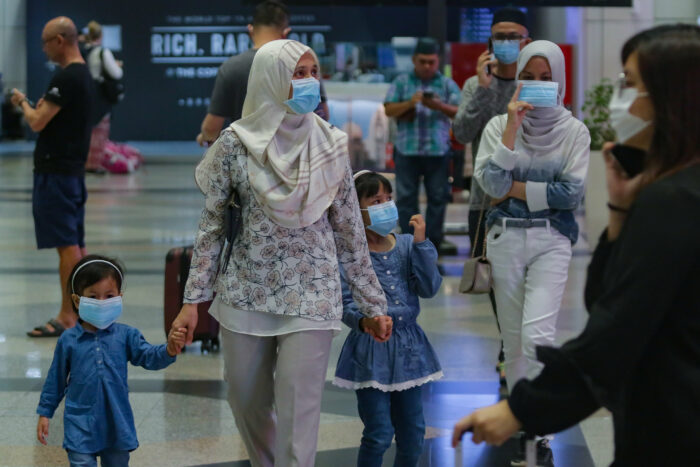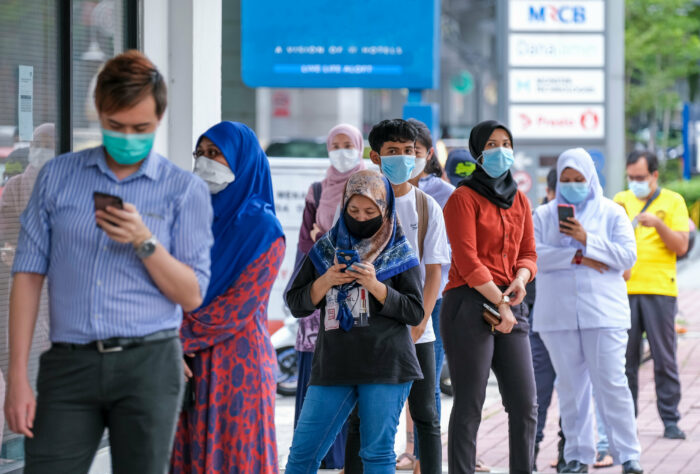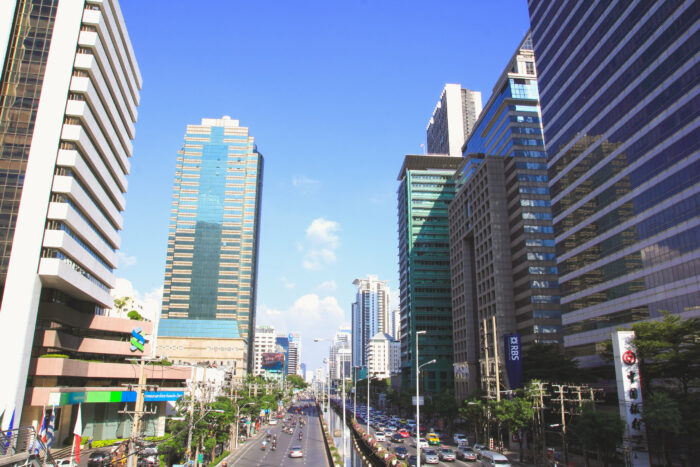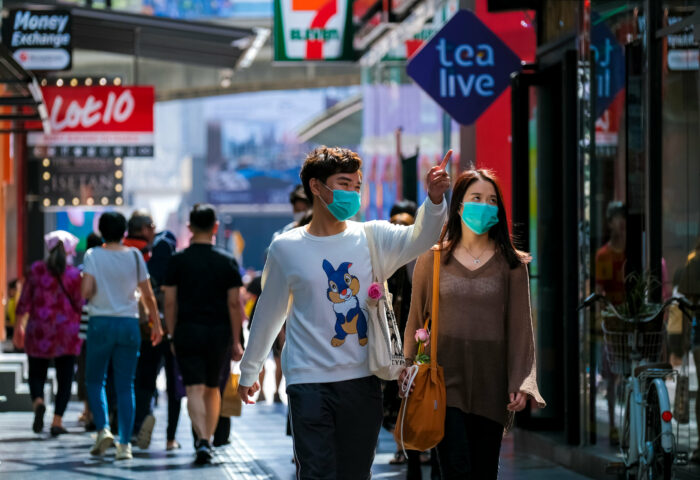Singapore reverts to work-from-home as default again

As COVID-19 cases continue to spike, work from home (WFH) will be the default for all employees who are able to do so.
Malaysia’s government programmes create more than 376,000 jobs

More than 376,000 job seekers have successfully been employed through initiatives implemented by the National Employment Council (NEC).
Taiwan likely to set minimum wage on October 8

The date for deciding on the minimum wage for next year has been postponed to October 8 as announced by the Ministry of Labour (MOL).
Malaysia’s minimum wage can be raised in phases

The current minimum wage of RM1,200 (US$286) per month can be revised upwards in stages, a former minister has suggested.
Over half of pandemic aid disbursed in Malaysia

51% of the RM490 billion (US$116.93 billion) allocated under the eight pandemic stimulus packages has been disbursed so far.
Business chambers call on Vietnam to reopen economy soon

Foreign business chambers are urging the government to reopen the local economy to retain investments in the country.
Australian union urges government to act on gender inequality in workplace

The Australian Council of Trade Unions (ACTU) has called on the government to do more to address the gender gap for women in the workforce.
Tripartite bodies in Cambodia promote financial literacy and inclusion

Three organisations have banded together to launch an initiative to enhance financial literacy and inclusion among young entrepreneurs and SMEs.
Singapore to provide more workplace opportunities for women

A white paper with “concrete proposals” to tackle issues concerning women will be presented in Parliament in early 2022.
Calls for Taiwan to amend labour law to increase birth rate

The Childcare Policy Alliance (CPA) has urged the government to reform labour laws to boost the birth rate and retain married women in the workforce.
Women’s group in Malaysia calls for 2022 budget to address gender gaps

The government has been urged to address gender gaps exacerbated by the pandemic when formulating next year’s budget.
9.38 million jobs created in China this year till August

The creation of 9.38 million urban jobs from January to August meant China has achieved 85.3% of its annual goal of job creation.
Cambodia holds talks on minimum wage

Negotiations on next year’s minimum wage for workers in the garment, textile and footwear sectors are underway.
All healthcare staff in Victoria state mandated to get COVID-19 vaccination

Thousands of Australian healthcare workers risk losing their jobs if they opt not to be vaccinated under new government rules.
More large companies than SMEs adopt remote work in Japan

The implementation rate of remote work in large companies shows a trend of being about twice that of SMEs during the pandemic.
Indonesian companies urged not to discriminate against female workers

Both formal and informal workplaces in the country have been encouraged not to discriminate against women and have inclusive company policies.
Malaysia’s 2022 budget should include measures to help SMEs recover

The Malaysian Employers Federation (MEF) has urged help to be provided for SMEs in next year’s budget to enable employers to create more jobs.
Facebook group in Australia opposes job posts requiring jabs

A Facebook group “Jobs Without Jabs Australia” with 20,000 members is opposing the vaccination requirement for jobs.
9.8% of Japanese companies plan to hire more regular workers

About 9.8% of companies intends to hire more regular staff, while 3.0% will cut down on such hires when the country’s minimum wage is raised.
Malaysia needs more highly skilled workers for competitive edge

The Science, Technology and Innovation Minister said at least 45% of the workforce needs to be highly skilled for Malaysia to compete on the global stage.
Clusters at Japanese workplaces due to inadequate anti-COVID measures

Japan’s health ministry has found that clusters at workplaces were due to insufficient anti-COVID measures.
Leader of business groups opposes raising minimum wage in Taiwan

Taiwan’s Chinese National Association of Industry and Commerce (CNAIC) has asked for the minimum wage for 2022 not to be raised.
Indonesia launches digital literacy programme for SMEs

The Ministry of Communications and Informatics has launched a programme to step up digitalisation among SMEs.
Thailand approves US$518 million of COVID-19 support

The funds will financially support companies and employees affected by the latest measures to contain the latest spike in COVID-19 cases.
Malaysia to focus on job and income recovery in 2022 budget

The 2022 budget will focus on job and income recovery and provide more targeted assistance to boost socio-economic resilience.
Cambodian unions call for 11.6% increase to minimum wage

Representatives of 17 national unions have agreed to ask for a US$22.20 increase to the minimum wage for textile, garment and footwear workers for 2022.
Malaysian SMEs appeal for more staff to be allowed to return to work

Employers are urging the government to allow people who have received their first vaccine dose to get back to work to prevent their businesses from shuttering.
Vietnam launches digital-transformation programme

The digital-transformation programme is designed to help enterprises, cooperatives, and household businesses in their digitalisation efforts.
New Zealand temp staff unable to access wage subsidy scheme

The issue of recruitment agencies not being able to access governmental wage subsidies is being examined and discussed.
Australian senate passes workplace sexual harassment bill

The Sex Discrimination and Fair Work (Respect at Work) Amendment Bill of 2021 protects all Australians from workplace sexual harassment.

